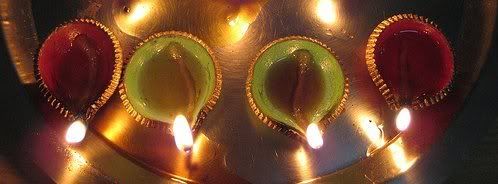Ibn Battuta, the Moroccon traveler who reached lands as far as Delhi and Calicut in 1341, grew up in Tangier. In the book The Adventures of Ibn Battuta, Prof. Ross E Dunn writes about Ibn Battuta’s upbringing: Tangier did not have madrassas like the ones in Tunis or Fez, but the neighborhood Koranic school provided him with sufficient Islamic teaching.
These students sat at the foot of the master listened to his discourses and learned the Qu’ran by heart. To be a learned master, you had to commit the text to memory and compared to other schools, the Moroccan school emphasized the rote learning. Like the Indic tradition, the memorization of these texts were meant to transmit scriptures to future generations
I am not sure if the Islamic tradition still emphasizes committing texts to memory with the same rigour as the old schools in Tangier and Fez, but the Indic tradition continues uncorrupted and with the same high standards in Thrissur, Kerala. In an event called anyonyam (each other), Rig Vedic scholars from two schools — Thrissur and Thiruvanaya — meet at the Sree Rama temple at Kadavallur, every November, to demonstrate their mastery over Rg Veda chanting.
The Kadavalloor Anyonyam is an outward manifestation of the method of ancient traditional Vedic recital. Only in Kerala can one see remnants of the basic traditions in the study of Vedams, use of Prayogams, and in enunciation (chanting / recital). Only in Kerala have the Mudras (standardised movement of hand and fingers) used during Vedic recital been retained in its truly traditional, uncorrupted and pure form till this day. Its musical aspects (notes like Udaatham, Anudaatham, Swaritham) later evolved and developed into the classical music system of the country, and yet, the original form continues to be retained here. [via ]
Here is a video
See Also: Dr. APJ Abdul Kalam’s speech at the Brahmaswom Madom, one of the vedic schools which participates in the anyonyam.
